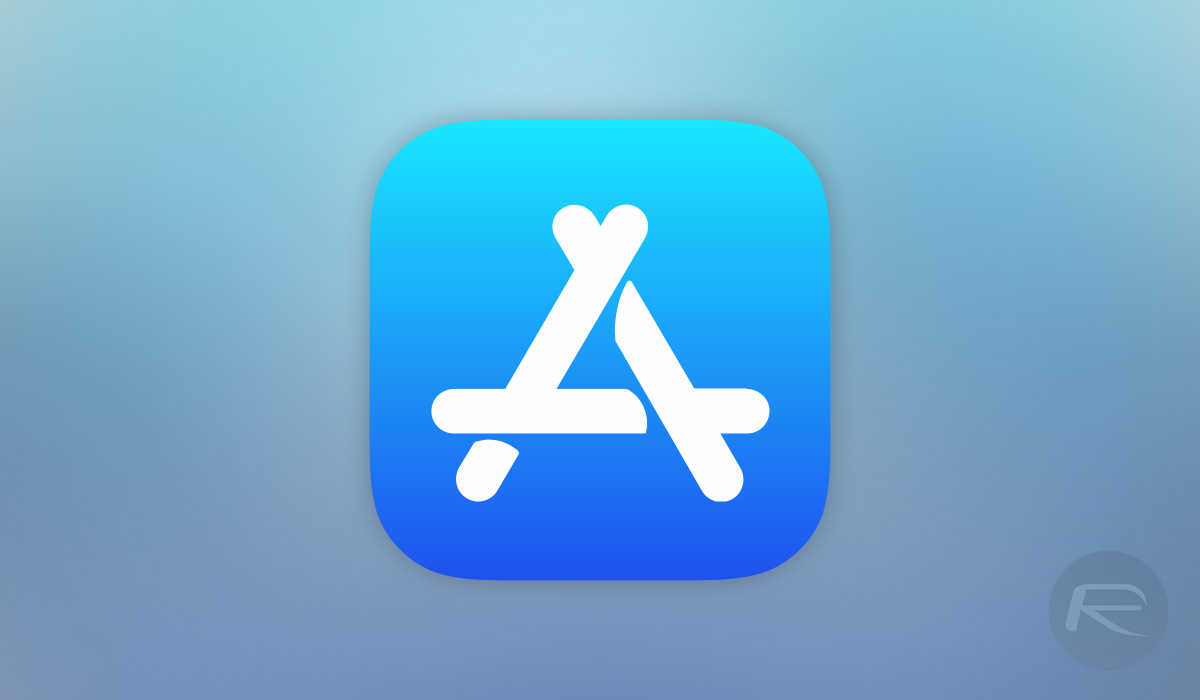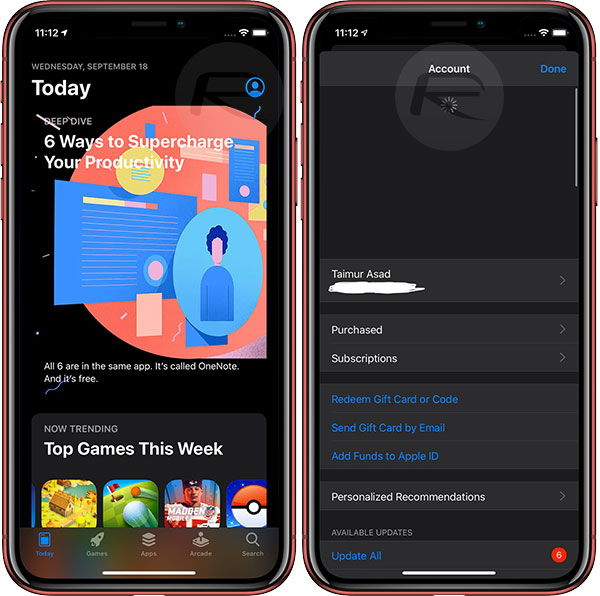Apple has taken the step of reducing the amount of money it takes when an app is sold on the App Store, but only for developers who earn less than $1 million per year. The move was announced today, with Apple now taking 15% of revenue rather than the 30% that was in place before.
The new rate applies to app purchases as well as those related to in-app purchases, too.

“Small businesses are the backbone of our global economy and the beating heart of innovation and opportunity in communities around the world. We’re launching this program to help small business owners write the next chapter of creativity and prosperity on the App Store, and to build the kind of quality apps our customers love,” said Tim Cook, Apple’s CEO. “The App Store has been an engine of economic growth like none other, creating millions of new jobs and a pathway to entrepreneurship accessible to anyone with a great idea. Our new program carries that progress forward — helping developers fund their small businesses, take risks on new ideas, expand their teams, and continue to make apps that enrich people’s lives.”
Any developer who earned less than $1 million in 2020 will be able to apply to be part of the new Small Business Program, although nobody will be added to it automatically. However, any developer who earns $1 million in any given year will not be able to apply to the Small Business Program the following year.
The move comes after Apple received considerable backlash from multiple agencies around the world based on the way it deals with apps and developers who are part of its App Store.

Apple and Epic are currently locked in a battle about App Store fees, although it’s notable that none of this will relate to Epic because it rakes in too much money.
(Source: Apple)
You may also like to check out:
- Download iOS 14.2 Final IPSW Links, OTA Profile File Along With iPadOS 14.2
- Download: iOS 14.3 Beta 1 IPSW Links, OTA Profile File And iPadOS 14.3 Beta 1 Released
- How To Fix Bad iOS 14 Battery Life Drain [Guide]
- Convert Factory Wired Apple CarPlay To Wireless Apple CarPlay In Your Car Easily, Here’s How
- iPhone 12 / Pro Screen Protector With Tempered Glass: Here Are The Best Ones
- Best iPhone 12, 12 Pro Case With Slim, Wallet, Ultra-Thin Design? Here Are Our Top Picks [List]
- Best iPhone 12 Mini Screen Protector: Here’s A List Worth Checking
- Best iPhone 12 Pro Max Screen Protector: Here Is A List Worth Checking
- Jailbreak iOS 14.2 Using Checkra1n, Here’s How-To [Guide]
- How To Downgrade iOS 14.2 The Right Way [Tutorial]
- Apple Watch ECG App Hack: Enable Outside US In Unsupported Country On Series 5 & 4 Without Jailbreak
You can follow us on Twitter, or Instagram, and even like our Facebook page to keep yourself updated on all the latest from Microsoft, Google, Apple, and the Web.

